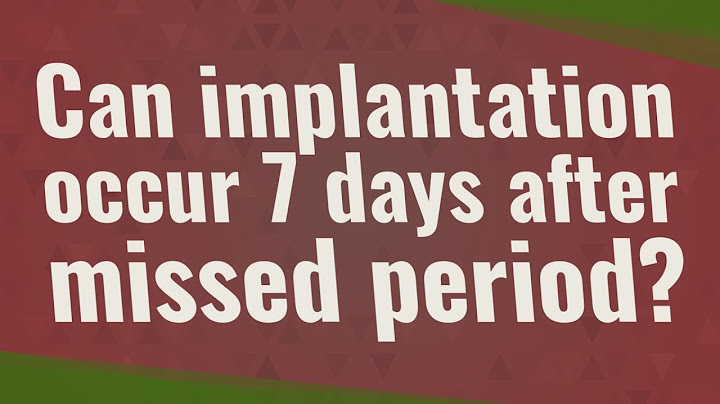ICD-Code F03.90 is a billable ICD-10 code used for healthcare diagnosis reimbursement of Unspecified Dementia without Behavioral Disturbance. Its corresponding ICD-9 code is 294.2. Show
Billable: Yes ICD-9 Code Transition: 294.2. Code F03.90 is the diagnosis code used for Unspecified Dementia without Behavioral Disturbance. It is a mental disorder in which a person loses the ability to think, remember, learn, make decisions, and solve problems. Other Synonyms Include:
General ICD-10 InformationICD (International Statistical Classification of Diseases and Related Health problems) is now on its 10th revision. ICD-10 codes are the byproduct of that revision. This medical classification list is generated by the World Health Organization (WHO), and is used to help healthcare providers identify and code health conditions. ICD-10 is required for use by physicians and healthcare providers under the Health Insurance Portability & Accountability Act (HIPAA) and will replace all ICD-9 code sets. Many more new diagnoses can be tracked using ICD-10 than with ICD-9. Some expanded code sets, like ICD-10-CM, have over 70,000 codes.  This Coding Tip was updated on 8/12/2022 What is Alzheimer’s disease?Alzheimer’s is a progressive neurodegenerative disease that destroys memory, mental function, thinking skills and affects the behavior of those plagued with the disease. In the disease process, the brain cells degenerate and die which leads to dementia/decline in memory and mental function. It is the most common cause of dementia and accounts for over 50% of the cases of diagnoses of dementia. The disease is irreversible and progressive and typically begins in patients during their 60’s. Alzheimer’s disease and dementia codingDementia is an inherent part of the diagnosis of Alzheimer’s disease. The physician does not have to give both a diagnosis of Alzheimer’s disease and dementia in order to report both codes. Per the ICD-10-CM Alphabetic Index, G30.9 would be reported first, followed by F02.81 or F02.80 to show dementia with or without behavioral disturbances. Since the codes F02.80 and F02.81 are in brackets, these are considered a manifestation of the disease and would be sequenced second per the Official Guidelines for Coding and Reporting (1.A.13) or pages 11 & 12 of FY2017. From the ICD-10-CM Alphabetic Index:Alzheimer’s G30.9 [F02.81]
Please see example in AHA Coding Clinic, First Quarter 2017 Pages 43-44 for further explanation. Resources:
What is late onset Alzheimer's disease with behavioral disturbance?Although typically thought of as indicative of late-stage disease, behavioral symptoms can appear early in the course of the disease, well before clinical diagnosis. These symptoms can include social withdrawal, depression, paranoia, and mood changes.
What is the ICDICD-10 code: G30. 1 Alzheimer disease with late onset.
What is the ICDICD-10-CM Code for Unspecified dementia, unspecified severity, with behavioral disturbance F03. 91.
What diagnosis code is are reported for behavioral disturbances in a patient with early onset Alzheimer's?The Index provides the following documentation: Alzheimer's, early onset, with behavioral disturbance G30. 0 [F02. 81].
|

Related Posts
Advertising
LATEST NEWS
Advertising
Populer
Advertising
About

Copyright © 2024 chuyencu Inc.


















